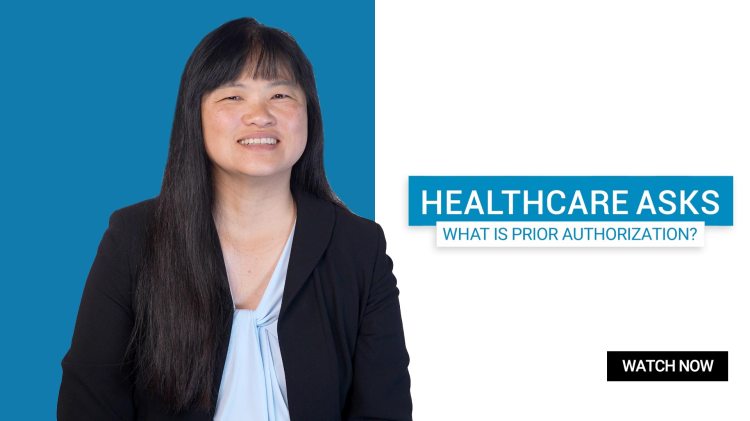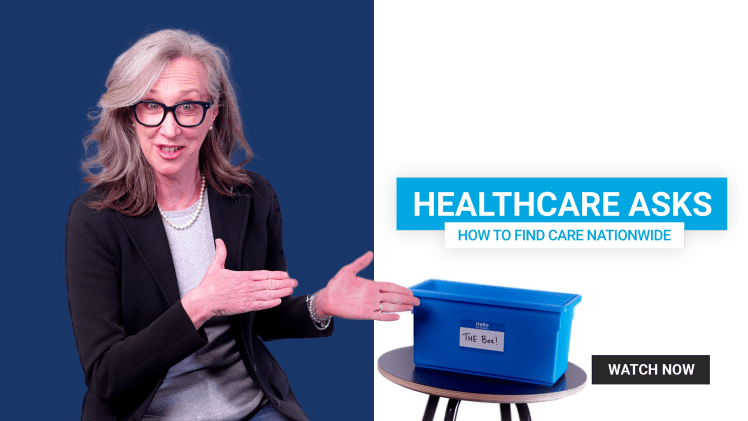2016 Open Enrollment ended Jan. 31
Open enrollment for 2016 ended on January 31 but you can still get coverage if you had a life event (such as marriage, divorce, birth of a child or a job change) that requires you to change or update your health plan. Get a quote online and then call us at 877-773-6372 to enroll.
If you’re at all like me, getting health insurance is probably at the top of your list of things to put off. But with the annual open enrollment period closing on January 31, it’s time to check another adult-to-do off your never-ending list. You could run the risk of paying a tax penalty for not getting covered, but why not get a health plan and protect yourself (and your wallet)?
One of President Obama’s major objectives for the Affordable Care Act (aka “Obamacare”) was to make sure that all Americans have health insurance. So unless you’re under age 26 and on your parents’ health plan-or you have a plan through your school, your work or your spouse-you’ll need to sign-up.
Thankfully these plans are meant to be accessible to everyone and the government offers tax credits to help qualified individuals cover their monthly health plan bill, also known as a premium .
Important things to understand
Two major things generally come to mind when first choosing a plan.
The first is price. It’s understandable that the cheapest option may be the most attractive. But that should only be a piece of the puzzle. You’ll also want to consider how much healthcare you need because the amount you pay out-of-pocket varies quite a bit depending on the type of plan you have. Check out this video for tips on other factors you may want to think about.
This brings us to the second vital concept, which is network. A health plan’s network consists of the doctors, health professionals, hospitals and service facilities it contracts with to provide (generally) lower costs of healthcare for its members. While some plans let you go out-of-network and still have care covered, you’ll have to file a claim and probably pay more money out-of-pocket.
This is where you hit the old cost vs. convenience conundrum. You’ll often find that the least expensive plans have smaller networks, sometimes limited by geographic area. If that won’t work for you (for example if you frequently travel or work outside your region) consider a broader network.
For example, Premera contracts with a large network across not only Washington, but the entire country (and even internationally) as part of the Blue Cross Blue Shield Association’s BlueCard program. The last thing you need is to twist your ankle only to find that the closest ER to you isn’t part of your plan’s network.
Metallic health plans
Obamacare plans are categorized as Bronze, Silver and Gold. In a nutshell, the Bronze plans will have the cheapest monthly bill (premium), but you’ll pay a larger share of the cost when you get care. On the other end, Gold plans have a higher monthly bill, but will have lower costs for when you use your plan. What does not change is the network you’re paying for and the actual services covered.
Should you go for a Health Savings Account?
A Health Savings Account works in tandem with a high-deductible health plan to let enterprising individuals take more control of their healthcare financials. There are three major tax advantages to these plans:
- Money put in is 100% tax deductible
- Funds taken out for qualified medical expenses (which is pretty exhaustive) are not taxed
- Interest earnings accumulate tax-deferred and are tax free when paying for qualified medical expenses.
The upside to these plans includes lowering your yearly taxable income, earning interest on unused funds, generally lower rates, the ability to invest in a variety of mutual-funds with no transaction fees and the flexibility to take your health savings account with you if you change your health plans.
Need more info?
If you’re ready to buy a plan, Premera offers a no-obligation quote online that’s a great place to get an idea of what a plan might cost. If you have questions or need any help we’re happy to chat if you call 877-PREMERA. You can also give us a shout on Facebook or Twitter!
__
Robert Ozeroff is a twentysomething who works in communications for Premera. He lives in the Seattle area with his girlfriend, German Shepherd and two cats.



